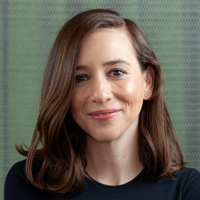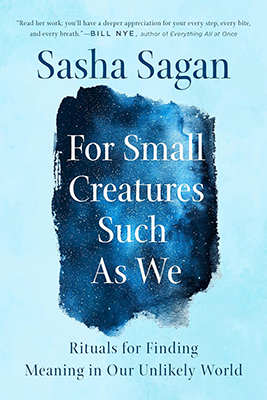
Sasha Sagan
Sasha Sagan, born Alexandra Rachel Druyan Sagan on November 26, 1982, is an American writer, producer, and speaker. She is the daughter of the renowned astronomer Carl Sagan and the writer and producer Ann Druyan, who co-created the television series “Cosmos” with Carl Sagan. Sasha Sagan has followed in her parents’ footsteps, becoming a prominent figure in science communication and popularizing scientific concepts for a wider audience.
Sagan studied literature and filmmaking at New York University’s Tisch School of the Arts. She has worked as a television producer and editor, contributing to various projects that explore science, culture, and the arts. Her background in both literature and filmmaking has informed her approach to storytelling, allowing her to convey complex ideas in accessible and engaging ways.
In recent years, Sasha Sagan has gained recognition for her writing on science, spirituality, and the human experience. She is the author of the book “For Small Creatures Such as We: Rituals for Finding Meaning in Our Unlikely World,” published in 2019. In this book, Sagan explores the intersection of science, culture, and ritual, drawing on her own experiences and insights to reflect on life’s big questions.
Sagan’s writing is characterized by a deep sense of wonder and curiosity about the natural world, as well as a reverence for the mysteries of existence. She combines scientific knowledge with personal anecdotes and philosophical reflections to create a narrative that is both informative and thought-provoking.
In addition to her writing, Sasha Sagan is a sought-after speaker who has appeared at conferences, universities, and cultural events around the world. She continues to advocate for science literacy and the importance of critical thinking in an age of misinformation.
Overall, Sasha Sagan’s work as a writer, producer, and speaker has helped to bridge the gap between science and the broader public, inspiring people to explore the wonders of the universe and find meaning in their lives through a deeper understanding of the natural world.

